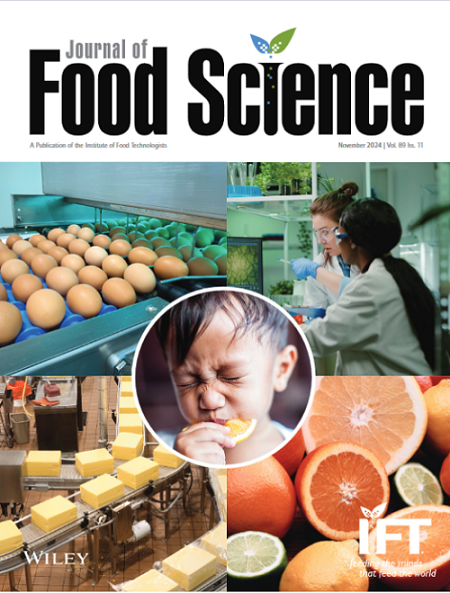Synbiotic yacon juice fermented by Lactiplantibacillus plantarum QS7T attenuates dextran sodium sulfate-induced ulcerative colitis in mice
Abstract
ABSTRACT
Ulcerative colitis (UC) is a prevalent inflammatory bowel disease associated with abnormal immune responses to commensal bacteria. The study investigated the effects of synbiotic yacon juice fermented by Lactiplantibacillus plantarum QS7T (FYJ) on ameliorating UC and modulating gut microbiota in a dextran sodium sulfate (DSS)-induced colitis mouse model. FYJ intervention significantly improved body weight and colon length, reduced the disease activity index and histopathological scores, and effectively alleviated colon tissue damage compared with treatments with L. plantarum QS7T suspension or yacon juice alone. Additionally, DSS-induced colitis led to a significant decrease in occludin mRNA expression and an upregulation of genes encoding pro-inflammatory cytokines, which were normalized by FYJ treatment. These effects were accompanied by a significant inhibition of the TLR4/MyD88/NF-κB signaling pathway. Moreover, FYJ treatment reversed DSS-induced alternations in gut community beta diversity and composition. In conclusion, FYJ could reduce intestinal mucosal inflammation, repair colonic mucosa, and improve the physiological status of DSS-induced UC mice, possibly through the regulation of the TLR4/MyD88/NF-κB signaling pathway and gut microbiota composition.
Practical Application
The synbiotic yacon juice significantly restores the DSS-induced imbalance in the intestinal microbiota in mice, thereby preserving mucosal immunity and intestinal barrier integrity. The insights derived from this study are expected to provide a novel perspective on the potential application of synbiotic yacon juice as a functional food agent for treating UC.

 求助内容:
求助内容: 应助结果提醒方式:
应助结果提醒方式:


